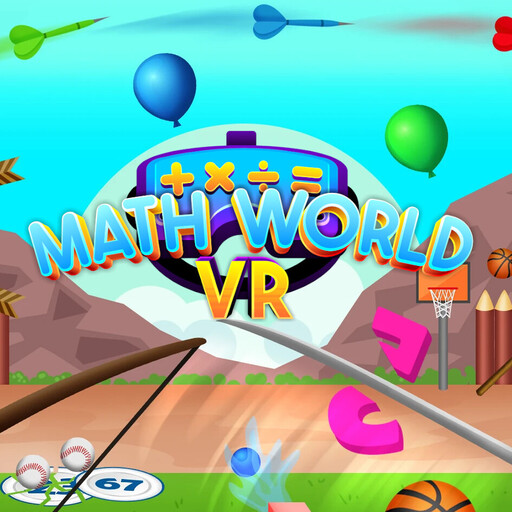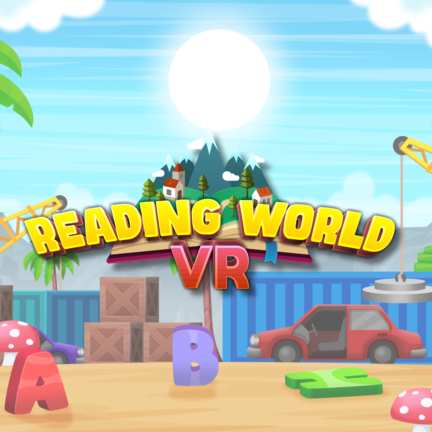In today’s fast-paced and technologically driven world, the landscape of career opportunities is evolving rapidly. As traditional career paths transform, the skills required for success in the workforce are also changing. Now more than ever, digital literacy and proficiency in technology are not just beneficial but essential for career readiness. This blog post delves into how digital learning prepares students for modern career paths, equipping them with the necessary skills to thrive in a digitally-oriented job market.
The Evolution of the Job Market and Digital Skills
The job market of the 21st century is markedly different from what it was just a decade ago. In an era dominated by digital innovation, skills such as coding, data analysis, and digital marketing have become highly sought after. A report from the World Economic Forum suggests that 65% of children entering primary school today will ultimately end up working in completely new job types that don’t yet exist. This shift emphasizes the need for an education system that not only imparts traditional knowledge but also focuses on digital competencies.
Role of Digital Learning in Developing Essential Skills
Digital learning is not just about understanding technology; it’s about using that technology to learn, collaborate, and solve problems. Platforms like Coursera are revolutionizing education by providing access to a plethora of courses on everything from basic computer science to advanced artificial intelligence. These platforms demonstrate how digital learning can be a versatile tool in developing a wide range of skills, from technical proficiency to critical thinking and adaptability.

The Importance of Soft Skills in a Digital World
In the tapestry of career readiness, digital learning and soft skills interweave seamlessly with digital competencies to create a robust skill set. In the digital age, technical know-how is undeniably crucial, but it’s the soft skills – communication, adaptability, problem-solving, and teamwork – that often determine long-term success and career growth.
Communication in a Digital Context
The digital landscape demands effective communication skills more than ever. Online learning environments, with their discussion forums, video conferencing, and collaborative projects, mimic real-world digital workplaces. They offer a platform for students to hone their written and verbal communication skills, preparing them for the nuances of digital correspondence and remote collaboration prevalent in many modern careers.
Teamwork and Collaboration
The ability to work in a team, especially remotely, is a skill highly prized in the digital workforce. Digital learning often includes group projects and collaborative assignments, providing a fertile ground for developing this skill. Students learn to navigate diverse perspectives, delegate tasks, and work together towards a common goal, all within a digital setting. This experience is invaluable in a job market where teamwork often transcends physical boundaries, and collaboration happens as much on cloud-based platforms as in traditional office spaces.
Problem-Solving and Adaptability
Digital education is more than just absorbing information; it’s about using that information to think critically and solve problems. The dynamic nature of digital learning—where students often have to research, analyze, and apply information independently—mirrors the problem-solving required in many modern jobs. Furthermore, the ever-evolving nature of technology tools used in digital learning fosters adaptability, preparing students to navigate and quickly adapt to the changing technological landscapes of their future workplaces.
Challenges and Solutions in Digital Learning
While digital learning opens up myriad opportunities, it also comes with its set of challenges. Accessibility remains a significant concern, with not all students having equal access to digital devices and stable internet connections. Another challenge is maintaining engagement and motivation in a virtual learning environment. To address these issues, educational institutions and tech companies are working together to provide more accessible learning materials and platforms. Innovative solutions like gamified learning experiences and interactive content are also being developed to increase student engagement.
Preparing for the Future: Continuous Learning and Adaptability
In a world where technological advancements are constant, the concept of lifelong learning has become more relevant than ever. Professionals need to continually update their skills to stay relevant. This section could discuss the importance of continuous learning and how digital platforms facilitate this by providing up-to-date courses and materials.

Educational Games: Helping Build Skills for Future Careers
In the realm of digital learning, educational games and gamification stand out as a powerful tool for skill development. Gamification, the integration of game-like elements in learning, makes acquiring new skills engaging and interactive. These games often simulate real-world scenarios, providing learners with a safe space to experiment, make decisions, and experience the consequences of those decisions without real-world risks.
Real-World Skills Through Virtual Experiences
Many educational games are designed to mimic job-related tasks and environments, offering students a glimpse into various career paths. For instance, simulation games can provide practical experience in fields like business management, engineering, or healthcare. By managing resources, solving complex problems, and making strategic decisions, students develop critical thinking, resource management, and strategic planning skills – all of which are highly valued in the job market.
Collaboration and Teamwork in a Digital Setting
Multiplayer educational games provide opportunities for players to collaborate and communicate effectively to achieve common goals. This mirrors the collaborative nature of many modern workplaces, where teamwork and communication are essential. By engaging in these cooperative gaming experiences, students learn to work effectively with others, an invaluable skill in any career.
Adaptability and Continuous Learning
The constantly changing scenarios in educational games encourage adaptability and quick thinking. These games often require players to learn new rules, adapt strategies, and think on their feet. Skills that are directly transferable to the dynamic nature of today’s digital career market. Moreover, the aspect of continuous learning inherent in these games instills a mindset of lifelong learning, preparing students for careers in industries that are ever-evolving.
Conclusion
In summary, digital learning is not merely a trend. It’s a fundamental shift in the way we prepare for a career in a technology-driven world. From the development of hard skills in technical areas to the cultivation of essential soft skills, digital learning platforms offer a comprehensive environment for holistic skill development. Educational games further enrich this landscape, providing interactive and practical experiences that translate into real-world abilities. As we navigate the ever-evolving job market, embracing digital learning and its myriad tools becomes crucial. This approach doesn’t just prepare students for specific jobs. It equips them with a mindset and skill set for lifelong learning and adaptability, which are indispensable in the future of work.








